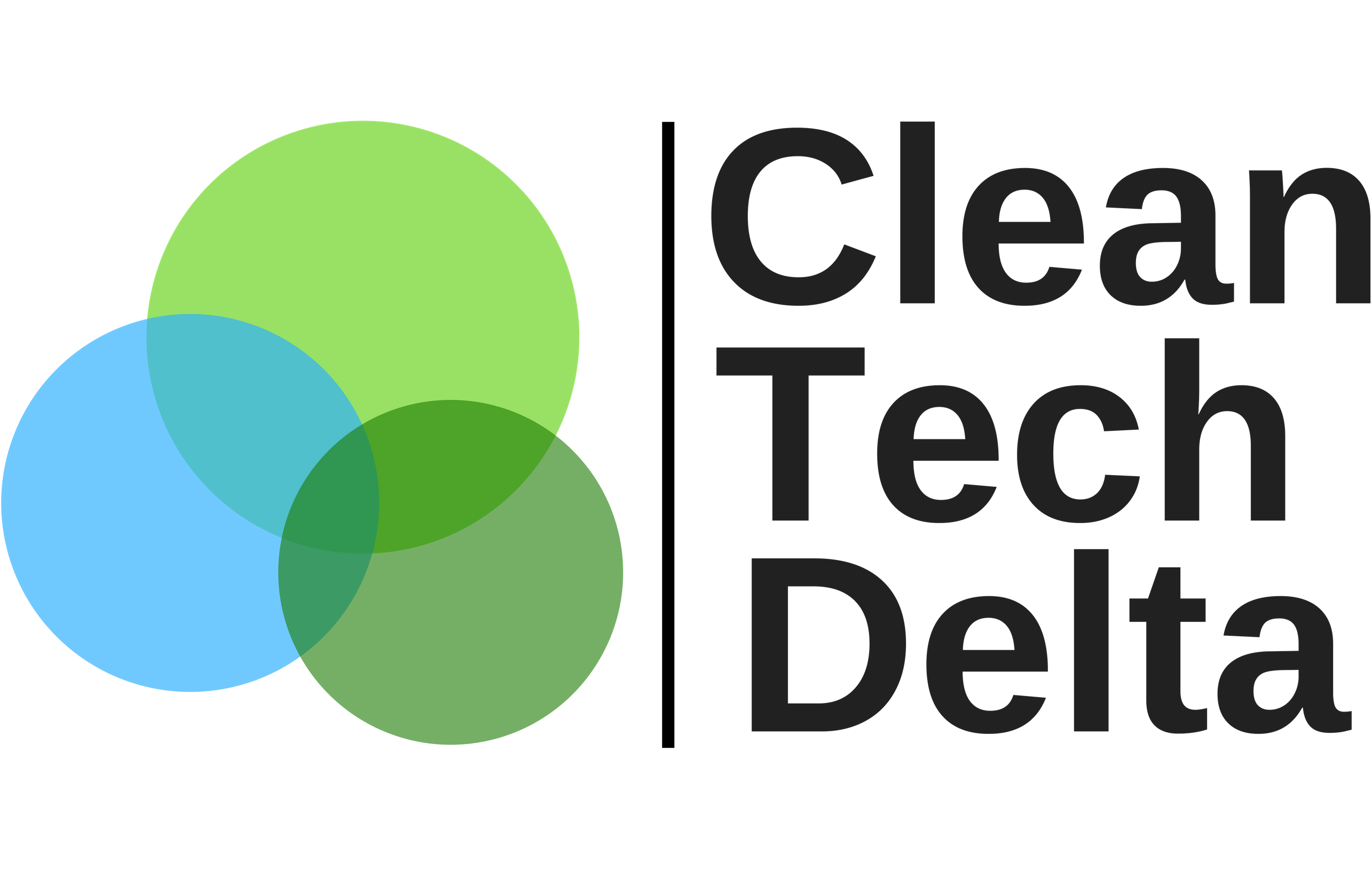Land degradation in the form of desertification is a problem for many countries, with a third of the world’s land surface already being degraded. This degraded soil is not available for any form of agriculture and is prone to wildfires.
Climate scientists of the United Nation’s IPCC have found that investing in the recovery of degraded soil could buy us more time in mitigating the acceleration of climate change. By improving soil quality with methods such as reforestation, sustainable agriculture and the responsible use of fertilizers, more carbon can be captured by the soil and the vegetation growing on it. UN climate scientists suggest that investments of $300bln in soil improvement programs has the potential to restore soil quality of almost half of the world’s degraded land.
Thriving soil is able to lock millions of tons of co2 and could buy us more time in adopting other solutions for mitigating climate change, such as carbon-neutral technologies in industry and society. It will be crucial to find synergies between the needs of people living with the soil and our climate. Sustainable agriculture is an example which has a positive return for both and is part of the answer to feed a growing population.
A successful business example is Commonland. They set-up multi-stakeholder land restoration projects around the world, with a focus on the positive effects brought by land restoration efforts.
The information on this page is in part derived from this Bloomberg article.
